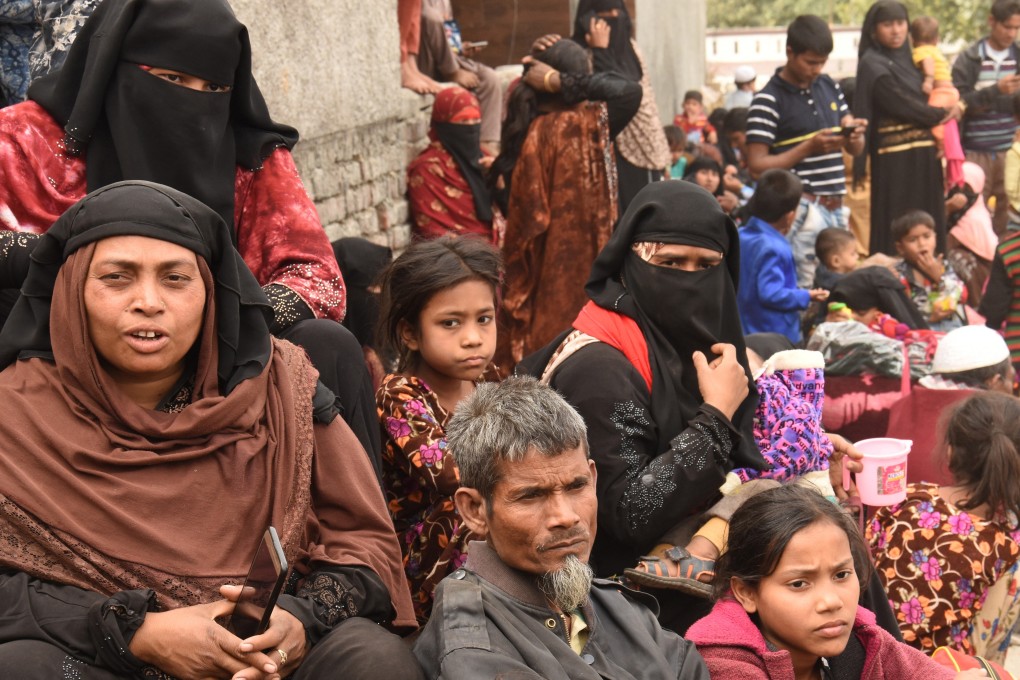India ramps up Myanmar border patrols as it weighs junta demand to return police
- About 48 Myanmar citizens, including eight police officers, have taken refuge in Mizoram state, with India ‘unlikely to act in haste’ in returning them
- But New Delhi has increased border patrols and is also expected to start deporting Rohingya in an effort to appease Myanmar

India and Myanmar share a 1,643km long border, which meets China in the north and Bangladesh in the south. The border separates the four Indian states of Arunachal Pradesh, Nagaland, Manipur and Mizoram from the Myanmar states of Chin and Kachin, as well as Sagaing division. There are two official immigration and custom posts along its length.
The two sides also have a so-called Free Movement Regime, which allows tribes living along the border to travel 16km on either side without visa restrictions, so long as they carry the requisite permits. Altogether, there are an estimated 250 villages with nearly 300,000 inhabitants on either side of the border, as well as more than 100 small and large informal crossings, making it difficult to stop all traffic between the two sides.
But retired Lieutenant General Shokin Chauhan, the former director general of the paramilitary group deployed at the border, the Assam Rifles, said India and Myanmar had a protocol agreement to “cooperate with each other in anti-insurgency operations and also hand over any [hostile] person if they manage to cross over.”